HONG KONG: Sun Hung Kai Properties, Asia's largest developer by market value, reported a 44% rise in first-half underlying profit, beating forecasts, on higher rental income and strong sales fuelled by China's economic stimulus programme.
Sun Hung Kai, like other developers in Hong Kong and China, has seen residential sales boom in recent months under loose-money policies from China and a low interest rate environment in Hong Kong, prompting worries of an asset bubble and talk the government may step in later this year to curb the market.
The company said it expects Hong Kong's property market to remain strong in 2010, both in terms of prices and volume.
"With good prospects for Hong Kong's residential market, the group will continue to look for opportunities to increase its landbank, particularly via conversion of farmland to residential sites," Chairman Kwong Siu-hing said in a statement on March 11.
July-December underlying profit, which excludes the effect of investment property fair-value changes, rose to HK$6.5 billion ($2.78 billion) from HK$4.535 billion a year earlier. The market had expected profit of HK$5.38 billion, according to the median estimate of seven analysts polled by Reuters.
Profit attributable to shareholders was HK$14.3 billion against HK$692 million, helped by revaluation gains of investment properties.
Sun Hung Kai, which developed Hong Kong's iconic International Finance Centre and competes with local rivals Cheung Kong and Henderson Land, as well as Singapore's CapitaLand, said the long-term prospects for China's property market were promising and that it planned to keep seeking land acquisition opportunities in prime cities.
Chinese Premier Wen Jiabao used this week's National People's Congress in Beijing, a largely ceremonial meeting of parliament, to again warn against speculation in the market, especially in the luxury sector.
China and Hong Kong saw strong rises in property prices last year, even as prices fell in most of the rest of the world during the global downturn, as Chinese snapped up real estate in both markets under easy credit from Chinese banks.
In Hong Kong, the government plans next month to raise the tax on luxury apartment deals to 4.25% of the transaction value from 3.75% to curb speculative buying.
Some developers active in China have posted buoyant results as increasingly wealthy Chinese snap up apartments as a way to invest in the loose monetary policy environment.
China Vanke increased its fourth-quarter net profit by a third, though it was cautious on investments for the rest of the year, echoing the sentiments in December of Sun Hung Kai executives about Hong Kong's residential market.
Sun Hung Kai shares have risen to a two-month high this week ahead of the earnings, in line with the Hong Kong property sector index. -- ReutersTOP PICKS BY EDGEPROP
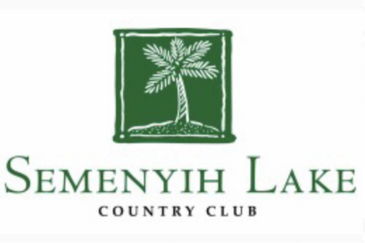
Semenyih Lake Country Club
Semenyih, Selangor
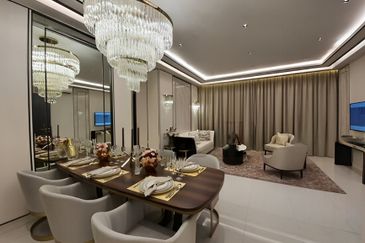
Mayfair Residences @ Pavilion Embassy
Keramat, Kuala Lumpur
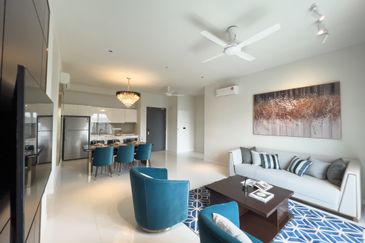
Oxford Residences @ Pavilion Embassy
Keramat, Kuala Lumpur
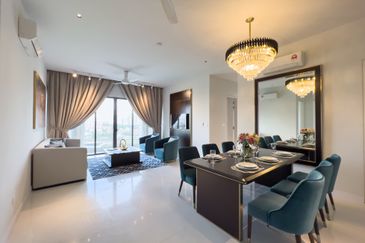
Oxford Residences @ Pavilion Embassy
Keramat, Kuala Lumpur

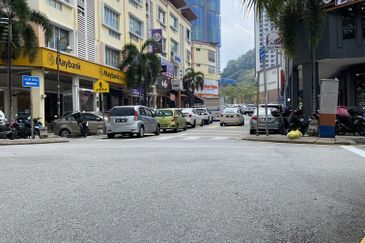
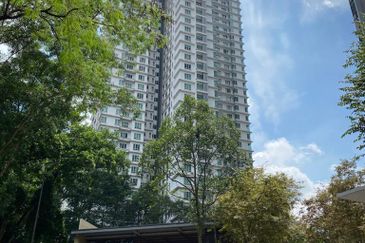
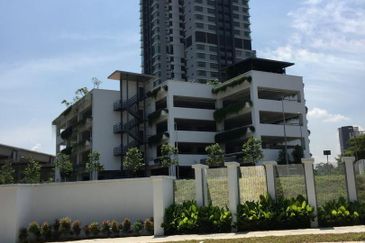
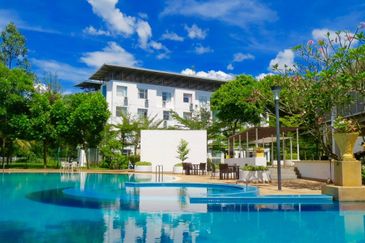
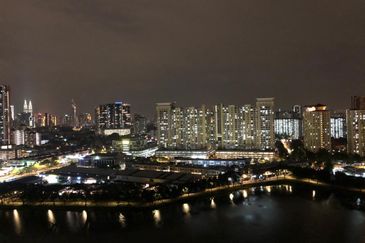
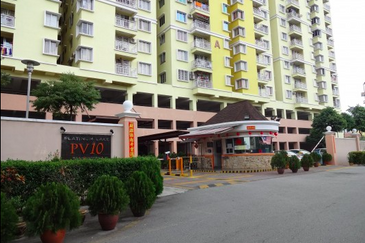
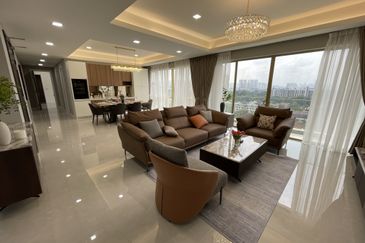
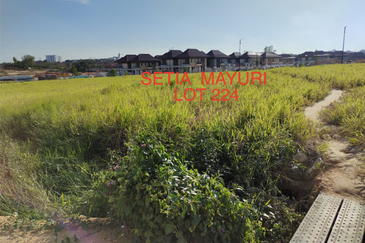
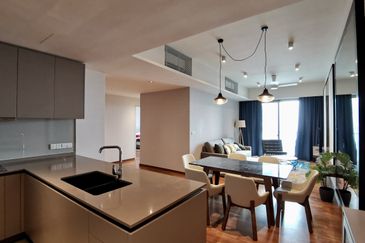
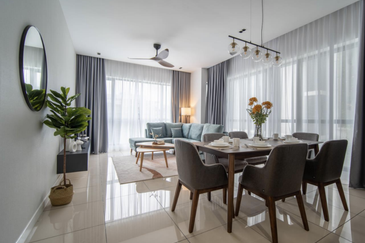
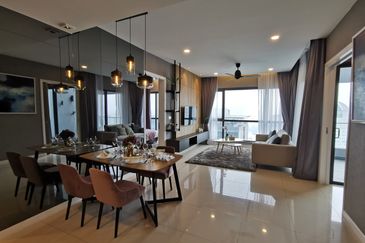
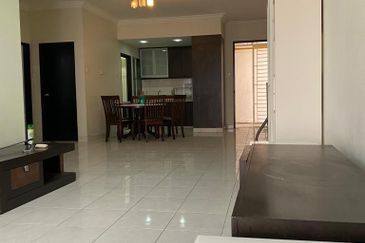
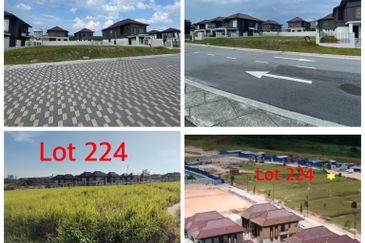
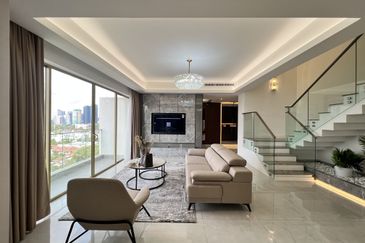
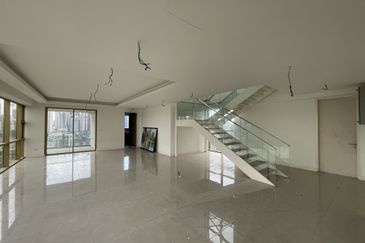
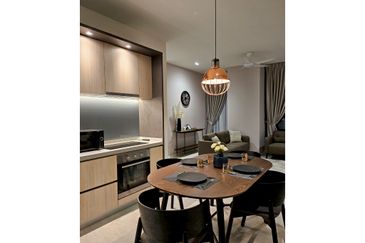
hero.jpg?GPem8xdIFjEDnmfAHjnS.4wbzvW8BrWw)



